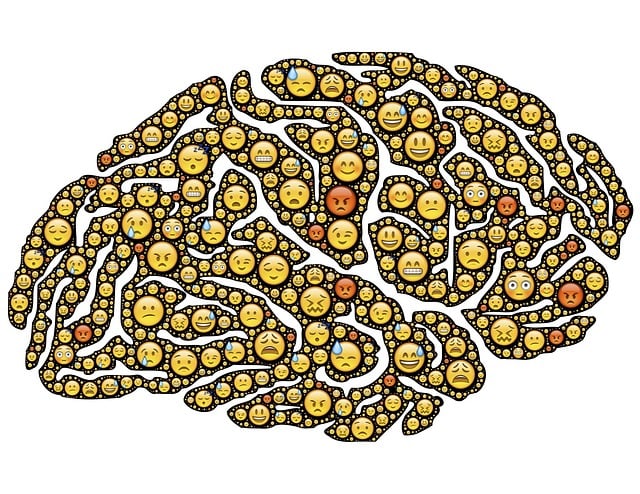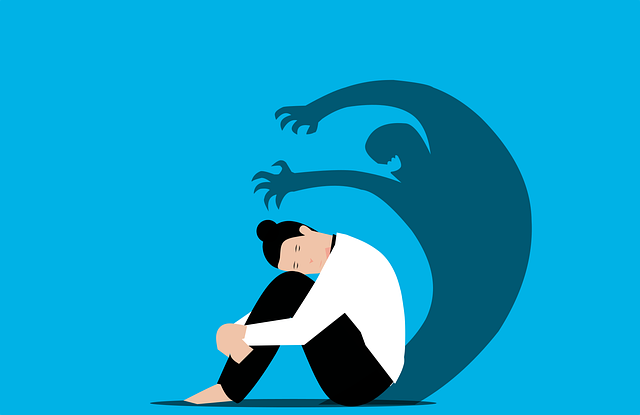Castle Rock Psychosis Therapy (CRPT) offers a unique and effective approach to mental wellness by focusing on individuals' inherent capacity for growth and recovery. Through structured exercises, coping skill development, self-care practices, mindfulness, and cognitive reframing, CRPT builds resilience, strengthens emotional regulation, and empowers clients to manage stress and negative thoughts. The RFM framework, integrating resources, fortitude, and mastery, enables people to navigate challenges with greater ease and cultivate mental fortitude in adversity.
“Discover the power of Castle Rock Psychosis Therapy as a foundation for building resilience. This therapeutic approach, rooted in fostering adaptability, equips individuals with the tools to navigate life’s challenges. We explore how the RFM model—Resourcefulness, Fortitude, and Mastery—serves as a framework for enhancing mental resilience. Through practical exercises and techniques, this article guides readers in strengthening their psychological fortitude, offering valuable insights into nurturing a resilient mindset.”
- Understanding Castle Rock Psychosis Therapy: A Foundation for Resilience
- Implementing RFM (Resource, Fortitude, and Mastery) in Building Resilience
- Practical Exercises and Techniques to Strengthen Mental Resilience
Understanding Castle Rock Psychosis Therapy: A Foundation for Resilience

Castle Rock Psychosis Therapy (CRPT) offers a unique and effective approach to fostering resilience and mental wellness. This therapeutic method is founded on the belief that individuals have an inherent capacity for growth and recovery, even in the face of adversity. CRPT aims to unlock this potential by providing clients with powerful tools and coping skills development strategies. Through a series of structured exercises and techniques, individuals learn to navigate life’s challenges with greater ease and resilience.
The process involves delving into one’s thoughts, emotions, and behaviors, allowing for a profound understanding of personal strengths and weaknesses. By integrating self-care practices into their routines, clients can enhance their ability to cope with stress, anxiety, or trauma. This holistic approach not only empowers individuals but also enables them to develop long-lasting mental wellness and a deeper sense of self-awareness, ensuring they are better equipped to handle life’s unpredictable journeys.
Implementing RFM (Resource, Fortitude, and Mastery) in Building Resilience

Implementing RFM (Resource, Fortitude, and Mastery) in Building Resilience involves a strategic approach to enhancing individuals’ ability to cope with challenges and setbacks. This framework, offered by Castle Rock Psychosis Therapy, focuses on three key areas: emotional regulation, mind over matter principles, and stress reduction methods. By strengthening these aspects, individuals can develop the mental fortitude needed to navigate life’s tumultuous waters.
Emotional Regulation involves learning to identify and manage one’s feelings effectively. Mind Over Matter Principles encourage individuals to harness their thoughts and beliefs, shifting them from negative to positive perspectives. Stress Reduction Methods equip people with tools to minimize the impact of stressors, promoting a calmer, more resilient mindset. Together, these components create a robust foundation for overcoming obstacles and cultivating a sense of empowerment in the face of adversity.
Practical Exercises and Techniques to Strengthen Mental Resilience

Mental resilience is a key component of overall well-being, and Castle Rock Psychosis Therapy offers practical exercises and techniques to help individuals build this vital skill. One effective approach involves mindfulness practices such as meditation and deep breathing exercises, which can ground individuals in the present moment, reducing anxiety and fostering calmness even in stressful situations. These simple yet powerful tools are easily integrated into daily routines, allowing for continuous practice and improvement.
Additionally, cognitive reframing techniques teach individuals to challenge negative thought patterns and replace them with more positive and realistic perspectives. This process empowers people to manage their moods effectively and maintain a sense of equilibrium amidst challenges. Stress management workshops, organized by mental health professionals, can also provide valuable spaces for learning and practicing these skills in a supportive environment. Through regular engagement in such exercises, individuals can enhance their resilience, enabling them to navigate life’s obstacles with greater ease.
Castle Rock Psychosis Therapy offers a robust framework for building resilience through its RFM model. By focusing on resources, fortitude, and mastery, individuals can enhance their mental resilience and navigate life’s challenges more effectively. The practical exercises and techniques outlined in this article provide actionable steps to strengthen one’s psychological fortitude, ultimately fostering a more resilient mindset. Incorporating these strategies into daily routines can significantly contribute to overall well-being and adaptability in the face of adversity.














